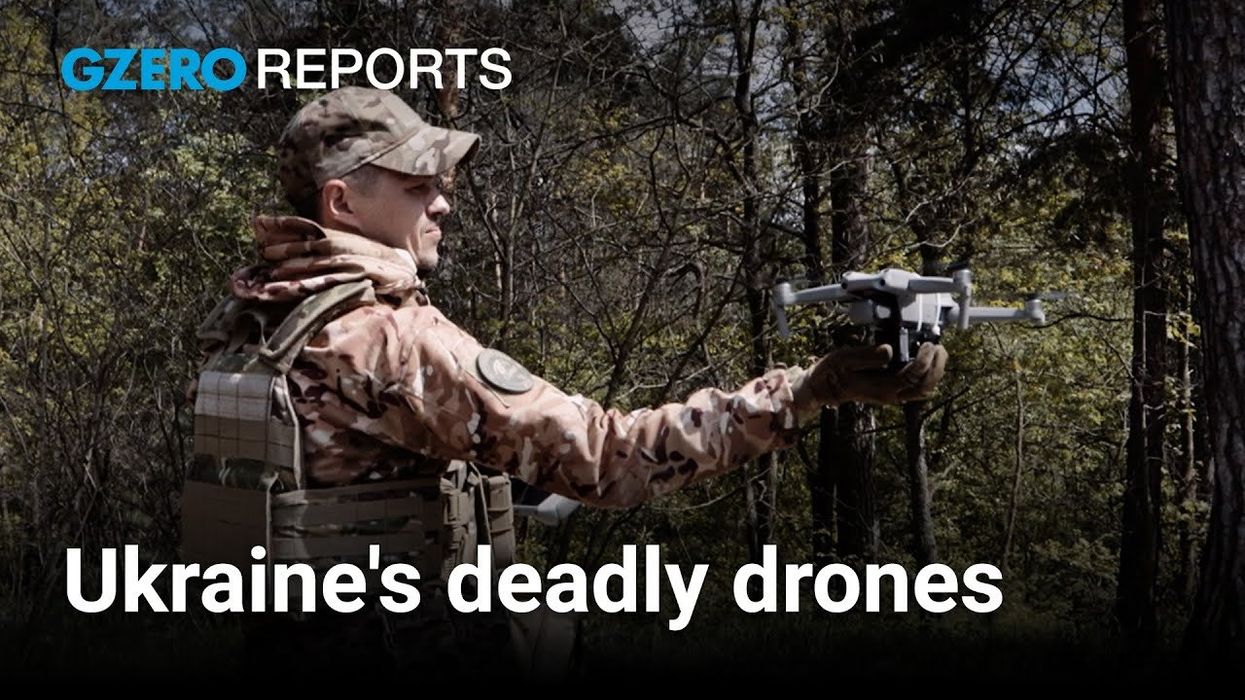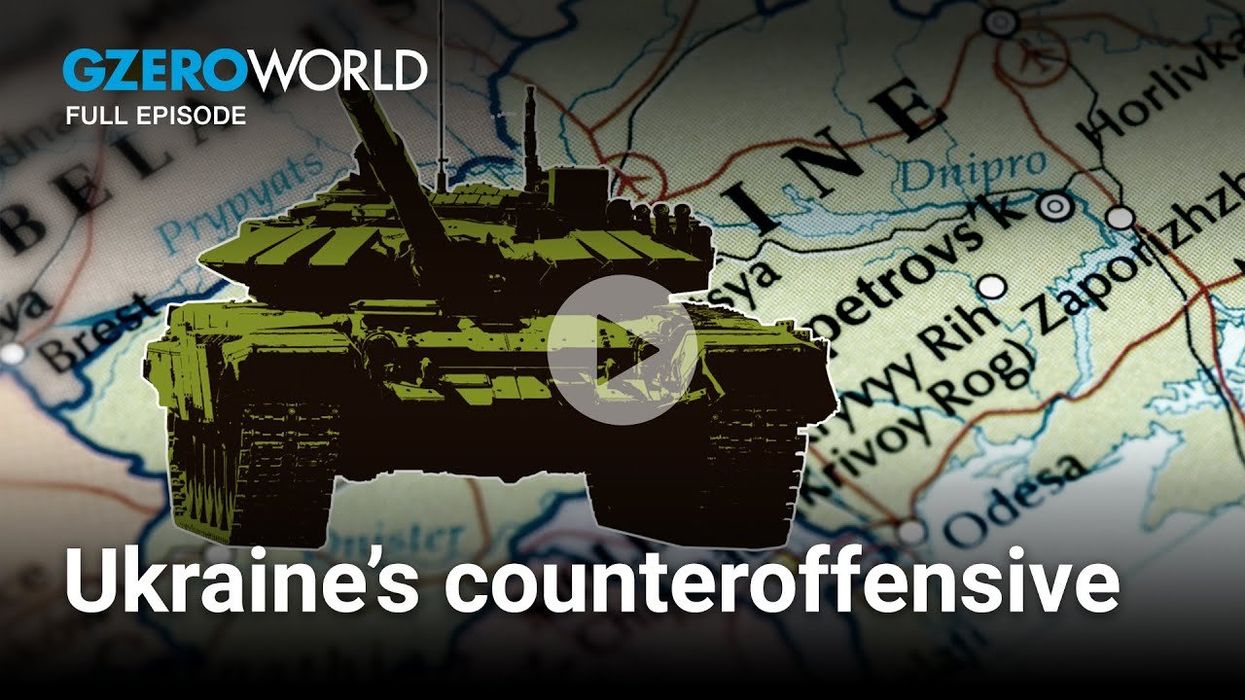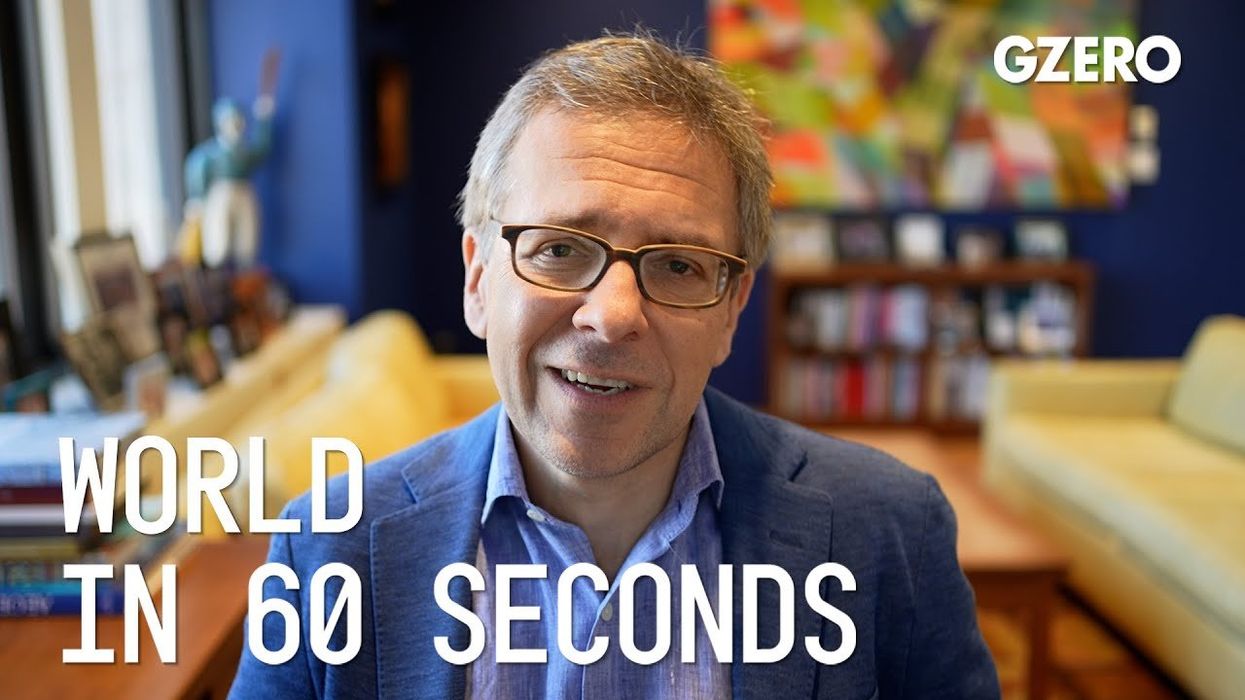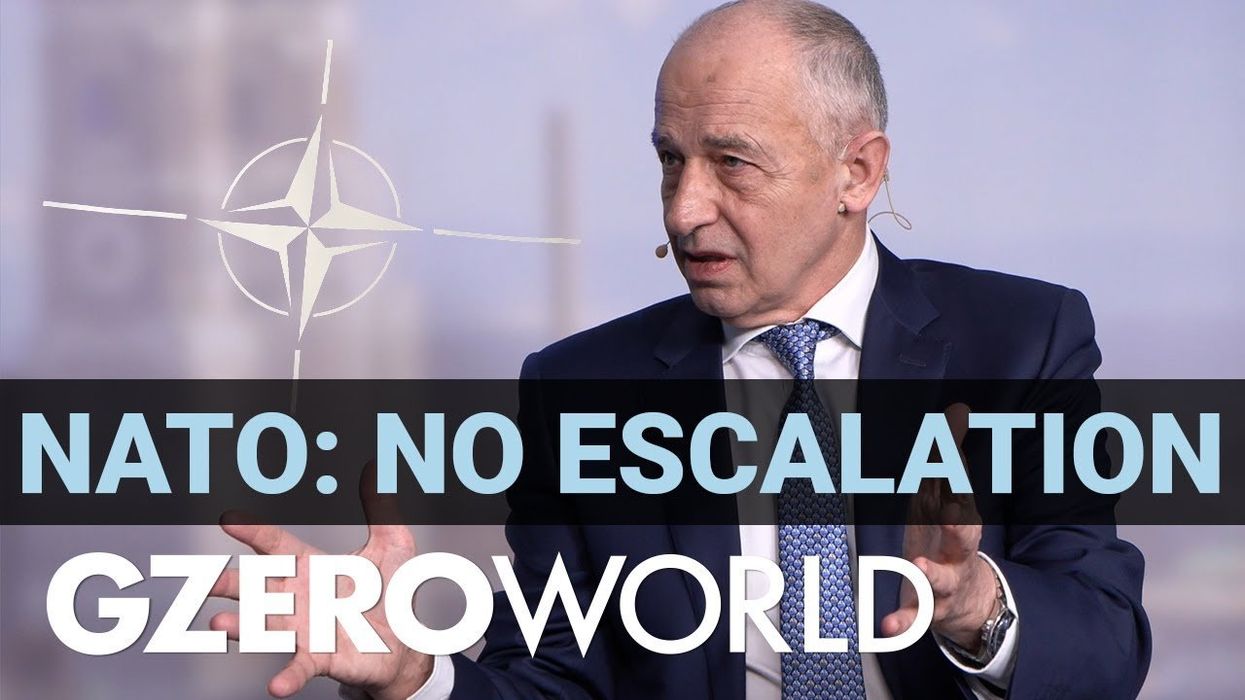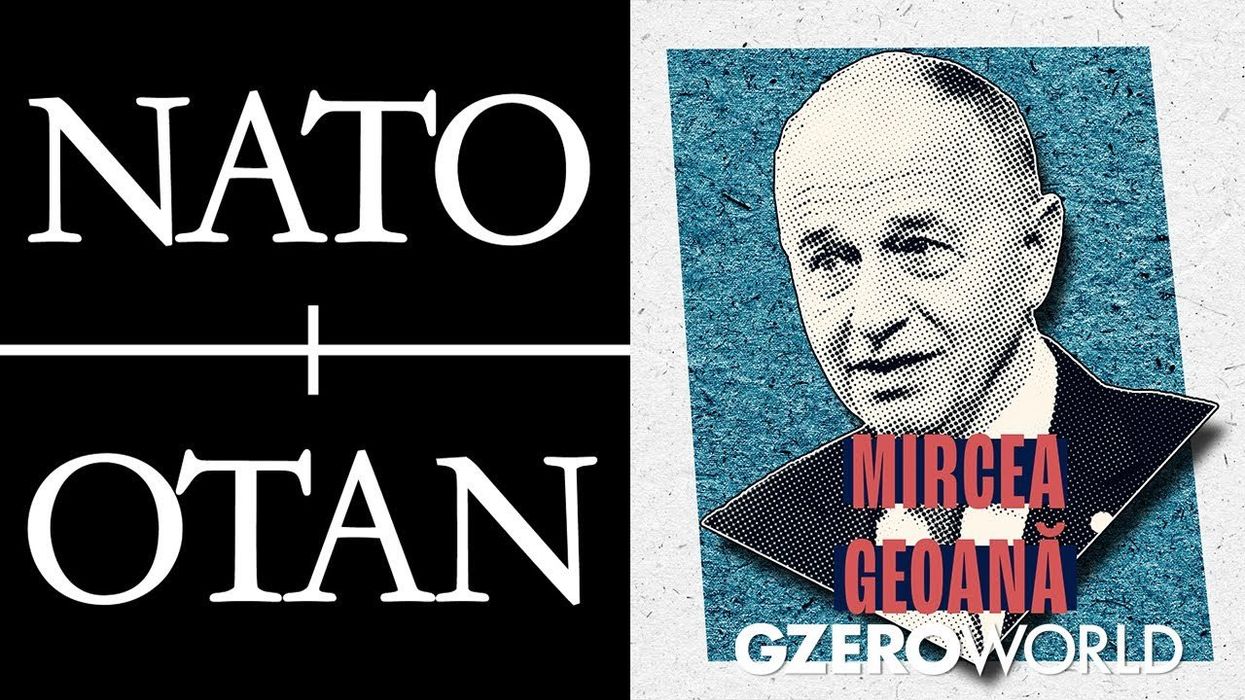GZERO Reports
How Ukrainians learn to pilot kamikaze drones that destroy tanks
First-person view (FPV) drones are cheap and effective on the battlefield in Ukraine, but the army urgently needs to train pilots how to fly them.
Mar 07, 2024
